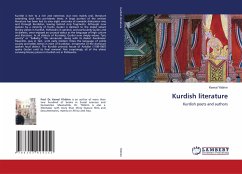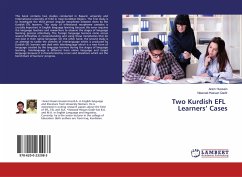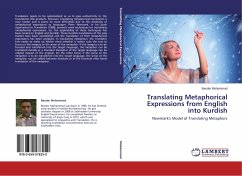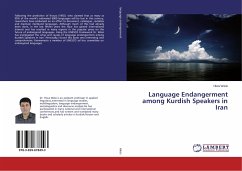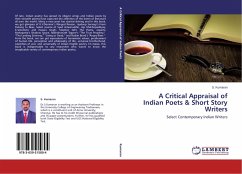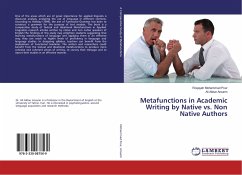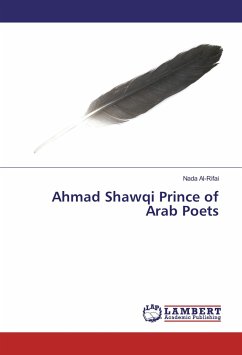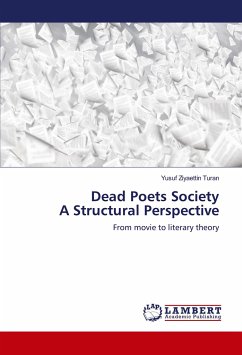Kurdish is heir to a rich and extensive, but now mainly oral, literature extending back into pre-Islamic times. A large portion of the written literature has been lost to over eight centuries of nomadic dislocation into and through Kurdistan, leaving behind only fragments. Although now spoken by a minority of Kurds, Gurâni is claimant to the oldest extant literary pieces in Kurdish. Pahlawâni in general, and particularly Gurâni and its dialects, once enjoyed an unusual status as the language of high culture and literature. In all dialects of Kurmânji, Gurâni now simply means "lyric poetry" or "balladry." This vernacular, along with its dialect Awrâmani/ Hewrâmi, was in fact, until early modern times the language of polite society and belles lettres in most of Kurdistan, irrespective of the dominant spoken local dialect. The Kurdish princely house of Ardalân (1198-1867) spoke Gurâni until its final removal. Not surprisingly, all of the oldest surviving literary pieces in Kurdish are in Pahlawâni.
Bitte wählen Sie Ihr Anliegen aus.
Rechnungen
Retourenschein anfordern
Bestellstatus
Storno

